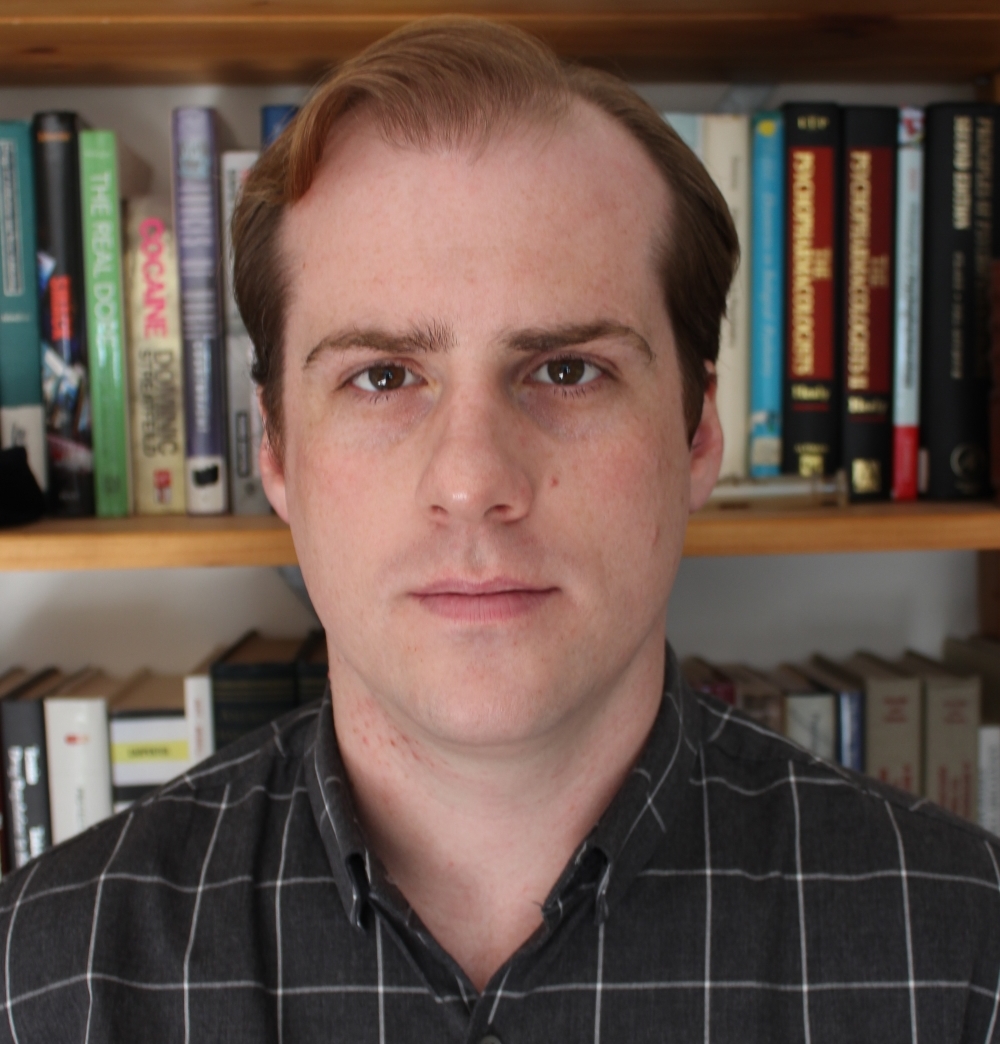
Exploring LSD Psychotherapy in the United States, 1949-1976
Matthew Oram
Award: 2015 Post-Doctoral Fellow
Matthew will be using his AMS History of Medicine and Healthcare Postdoctoral Fellowship to complete his book “The Trials of Psychedelic Therapy: LSD Psychotherapy in the United States, 1949-1976,” at the University of Calgary. This book explores the history of research investigating the therapeutic potential of the psychedelic drug LSD in the United States, which was widespread in the 1950s and early 1960s. The demise of LSD research has traditionally been linked to the US government’s prohibition of the drug in the mid 1960s: efforts to clamp down on increasing recreational use ended legitimate research. Matthew’s research, however, shows that the government not only never banned LSD research, but in fact actively supported it for much longer than has been recognized. Instead, the factors frustrating research were primarily scientific, influenced by changes to the regulation of pharmaceutical research and development in the period. This argument has significant implications for the histories of psychiatry, pharmaceutical research and development, and drug regulation.
The book is based on his PhD thesis, completed at the University of Sydney in 2014. Matthew completed his undergraduate studies at the University of Canterbury, New Zealand, and the University of New South Wales, Australia. He has published work related to the book in the Journal of the History of Medicine and Allied Sciences, and forthcoming in History of Psychiatry. He will be commencing his fellowship in April 2016, joining the University of Calgary’s History of Medicine and Health Care Program in the Cumming School of Medicine, where he will be under the supervision of Dr. Frank Stahnisch. This fellowship provides Matthew the opportunity to join the vibrant history of medicine community both at the University of Calgary and throughout the country. He is particularly looking forward to participating in the major history of medicine conferences in Canada and the US, and conducting new archival research to further his work.
